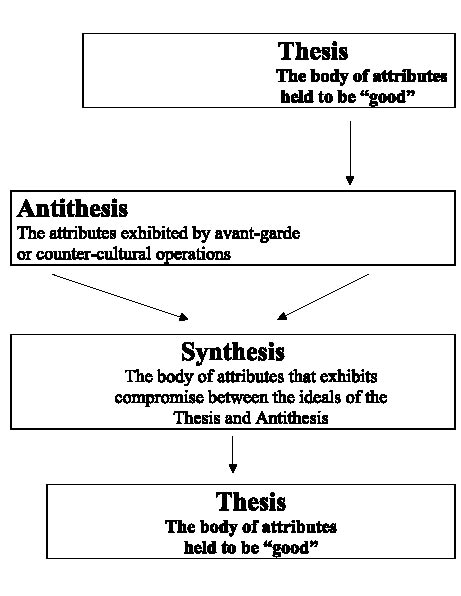 |
| Still from first ever Bugs Bunny cartoon |
The issue of what a student should do once in
college has, at long last, been getting some great voices. This trend is most
welcome.
Given the interest in this topic (the previous
entry from Mark Edmundson has proven to be one of the most shared and read on
this blog what are you doing here ), I wanted to share another great resource. The site, freakonomics,
is the brainchild of one of the authors of the book that launched a thousand
texts. (Of course, this sentence is a poetic simplification. But I would defend
it if I could also add the work of Malcolm Gladwell to the mix too. His essays,
especially those which appeared in the New Yorker and then in subsequent books,
changed everything about what the guys who supposedly knew (experts) about what
would sell.) And for those of you who have not read these authors, you should.
 |
| Still from film "Freakonomics" |
They approach the decisions we make from data
driven perspectives and come up with surprising, shocking, and simply
unthought-of of perspectives. What we thought we knew, we find out we
didn’t and in most case still don’t (see Gladwell's article on the faulty methodology behind the US News Rankings). In essence, they take traditional
theory or common sense notions, like rational theory in economics, and turn
them on their head.
 |
| Simplified Hegelian Dialectic from DuffyMusic.com |
A Hegelian move, no doubt, but also a way of
demonstrating that humans are predictable, but predictable in their
irrationality. If this phrase sounds familiar, it should be. The book, Predictably Irrational, was the initial foray into this genre of books by Dan
Ariely. He is doing impressive research at the wonderfully named Center For Advanced Hindsight at Duke. He often uses his students, to help demonstrate the way we make decisions follows patterns, but patterns that not
only deceive others, but ourselves as well.
The success great success of these authors and
books has then led book editors to see the value of publishing books on
research, which has direct implications on our lives. I would go far as
to say that the book freakonomics is, in essence, proof of its own thesis.
Sales of this book have moved the book trade to bring in a whole new stable of
authors and topics. It was certainly not
predictable, and yet it does underscore how our minds are still searching for
ways that will allow us to make decisions that will bring us greater
opportunities for flourishing.
And these books have permitted people doing cutting edge research to
communicate directly with a mass audience. With blogs and daily additions to
research driven data, mostly coming from the west coast, people are getting
educated on how little we know about others and ourselves.
The discussion on the linked page contains some great advice. If I were
to pick one passage, however, to hold up as critical to people interested in
education at US colleges and Universities it is the following:
We have found that too many students were more
strategic and calculating about getting into college than they are about
getting out. It is almost as if they have been programmed to believe that
the most important part of college is the name on the degree. We agree
that is important, but for most students what makes or breaks the college
experience is the choices they make after they have picked their alma
mater. The students who really get the best out of college are those who
navigate wisely the bewildering puzzle of decisions they will face from the
moment they sign their commitment letter until the time they receive their
diploma.
I would go far as to say that indeed they are
correct when they use the word “programmed”. The emphasis on rankings of
schools at the front end has been the focus for most over the past generation
since the US News launched its shot heard round the world. If it is not yet
true, I think it will be soon, that there will be more rankings on the
blogosphere than there are colleges and universities.
Unfortunately, precious little assessment of what schools do to transform students during four
years is publicly accessible. A few books have been published, but the news they give is anything but good. Too many students
leave not much better off than when they came in. Obviously, this is not data
that schools want to give out, so it will be very difficult for people to do
useful assessments of schools using anything the schools themselves will willingly give out.
But the authors I have mentioned, and a legion
of others now following in their steps, are up to the task of getting
information in innovative ways and using it well. I expect that in the near term, the pressure will
mount for schools to become more accountable for their “product,’ to use the market term. And at least from where I sit, I hope that this is the case.




No comments:
Post a Comment